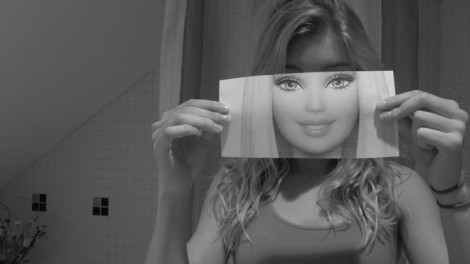
Some people enjoy entertainment objectively, but many others, especially teens, can’t resist comparing themselves to the women or men that the media presents as attractive.
Many students are unsatisfied with their bodies and prioritize weight loss. According to the 2010 MetroWest Adolescent Health Survey (conducted every two years), 46% of females and 22% of males at WHS described themselves as “trying to lose weight,” while the survey also displayed that in reality, only 7% of WHS females and 8% of WHS males were defined as overweight (students who were greater or equal to the 85th percentile for BMI by age and gender).
“I don’t think there’s a huge pressure to be skinny, but it’s definitely present,” said senior Stephanie Kra.
“A lot of girls feel pressure to lose weight, even if they’re really thin. I think [girls want to be thin] because of what they see in magazines, celebrities and their peers,” said junior Ricky Davies.
Guidance counselor Jennifer Mast believes that Wayland students struggle with body image, especially by conforming to whatever shape and style is considered popular.
“We’re an affluent community and we don’t necessarily struggle with obesity like some other communities may, and I think the hardest part that we struggle with is this ‘lookism,’ which includes brand names of clothing, and fitting the profile of that ‘perfect’ look,” said Mast. “I think it can be a struggle for kids to be able to fit into that perfect mold or whatever they think that perfect mold is.”
According to Mast, the media is one of several factors that influences the way teens view their bodies. Other key factors include family life and the attitude of peers.
Mast explained that the media sets unattainable expectations for women’s appearances. On television, we see images of women with bodies and faces that have been altered using computer graphics; they don’t look like women you’d see in real life.
“I think the modeling industry has a huge impact on how we think our bodies should look,” junior Pardis Alizadeh said.
According to Mast, Barbie has a long history of dictating peoples’ perceptions of beauty.
“From an anatomical perspective, [Barbie] couldn’t even stand up because she would topple over from being so top-heavy,” said Mast. “I had Barbies my whole life, but if you think about them as role models, that’s what we’re given and that’s what we see.”
Mast thinks family is particularly important regarding how teens perceive their bodies.
“I’m a firm believer that [body image] starts within the home, and how we talk about our bodies at home,” said Mast. “I often see, when we’re dealing with an eating disorder, that many times it can stem from a parent’s relationship with food, like, if there’s a lot of dieting in a house or a lot of talk about how a body should look.”
Peers also heavily influence the way teens view their bodies.
“Kids are so easily influenced and they want so much to fit in, so if that’s part of the culture and part of how kids talk, then it’s very easy to feel like that’s the only way to be,” said Mast.
In today’s society, these factors can create a combination that leaves many teens feeling ashamed of their bodies, or wishing they looked different. Worst case scenario, this negative self image can cause someone to develop an eating disorder.
According to MEDA, the main types of eating disorders include anorexia, bulimia and binge eating, all of which are significantly dangerous to any person’s health. Eating disorders have the highest mortality rate of any mental illness according to the National Association of Anorexia Nervosa and Associated Disorders.
Although eating disorders typically affect young women, boys often struggle with their body image as well. Most commonly they do so by obsessively working out, and may also be negatively affected by athletics, particularly certain sports that put emphasis on losing weight or focus on the body.
“Some guys are too concerned about getting buff, and they’re just conceited once they get buff,” said sophomore Dillon Baker.
“I think boys think they look better than they are, and girls think they look worse than they are,” added sophomore Josh O’Neil.
“It’s harder for [boys] to talk about because it’s not such a prevalent thing within the male culture,” Mast said. “They sit down to a huge meal and that’s just normal, whereas the stereotype for women is that it’s normal to just order a salad.”
Mast’s advice on feeling comfortable in your own skin is to stop focusing on the physical traits of yourself and others, and pay more attention to personal characteristics such as intelligence, personality and athletic or artistic ability.
“Rather than say ‘I love this on your body,’ it’s more about commenting on different strengths and things that are innately part of somebody,” Mast said. “Like, ‘Wow you really worked hard in that class, great job.’”




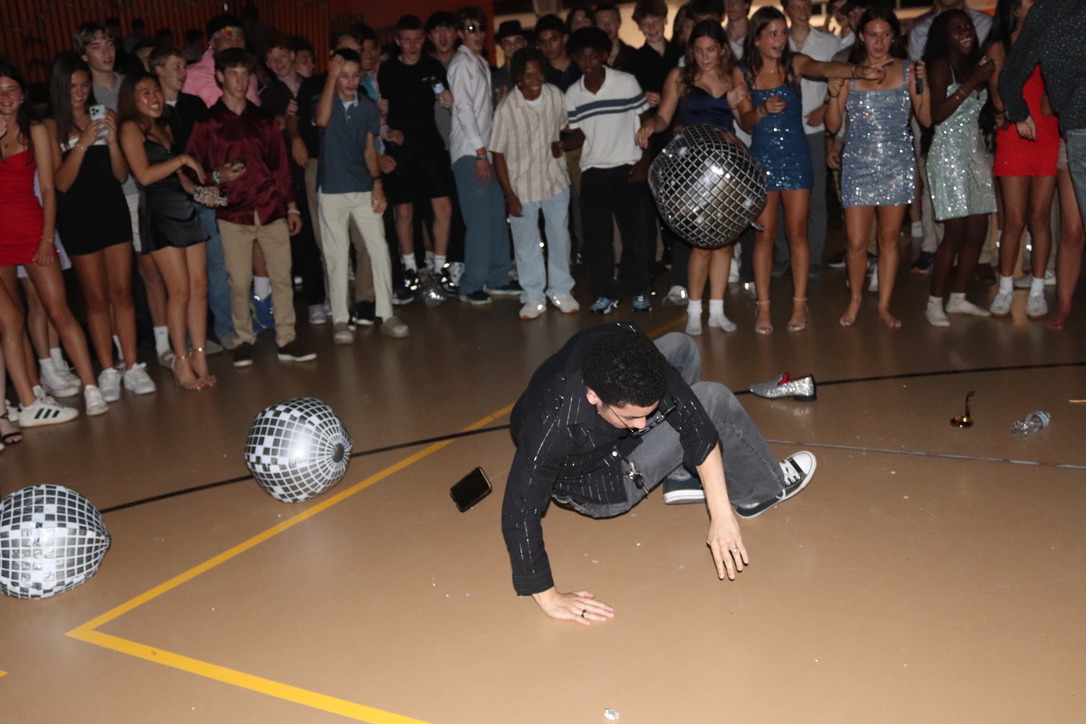








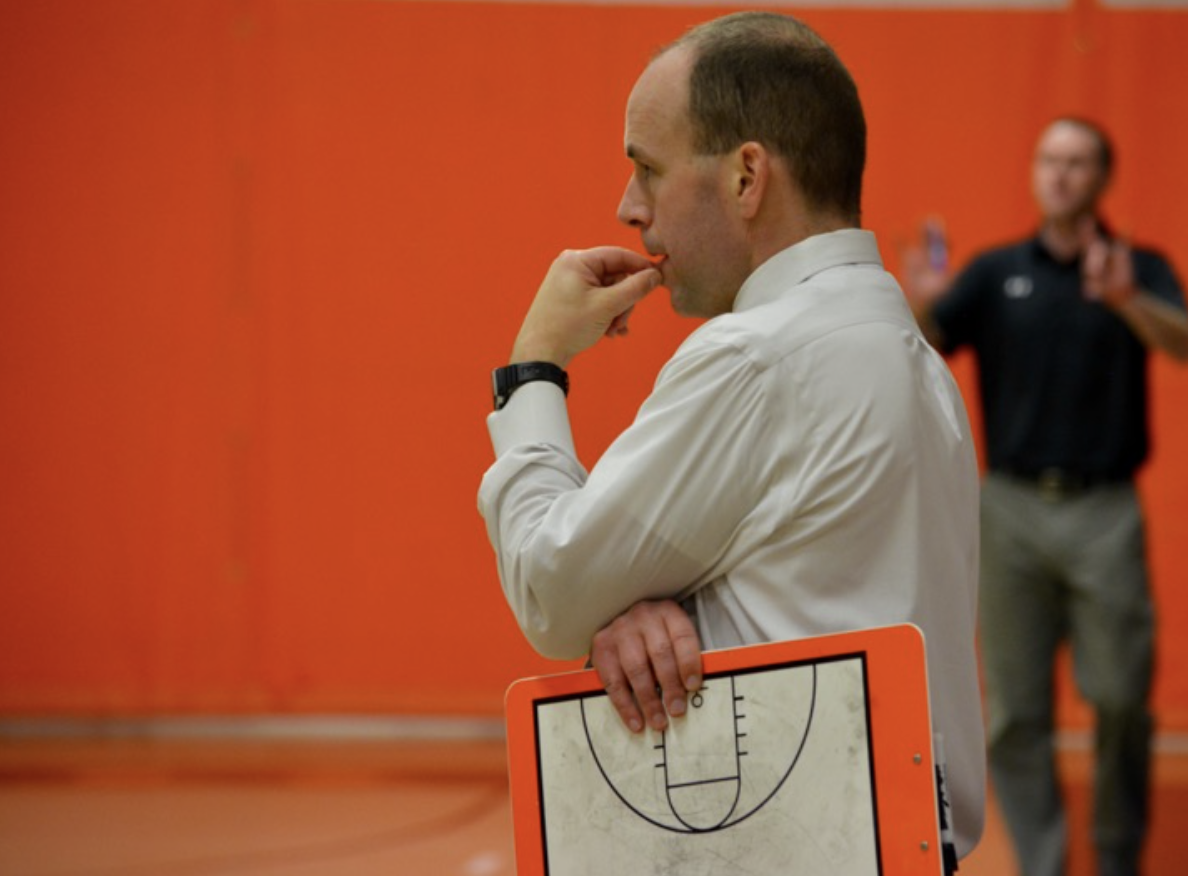
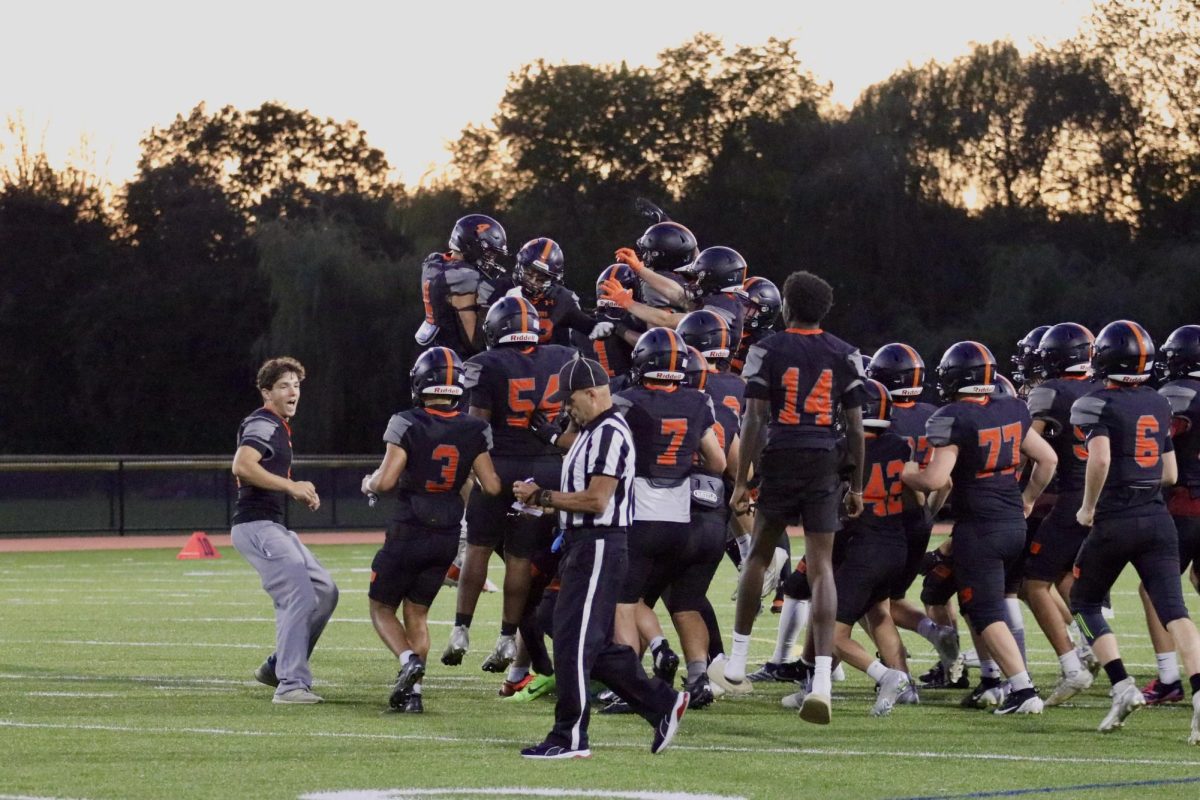








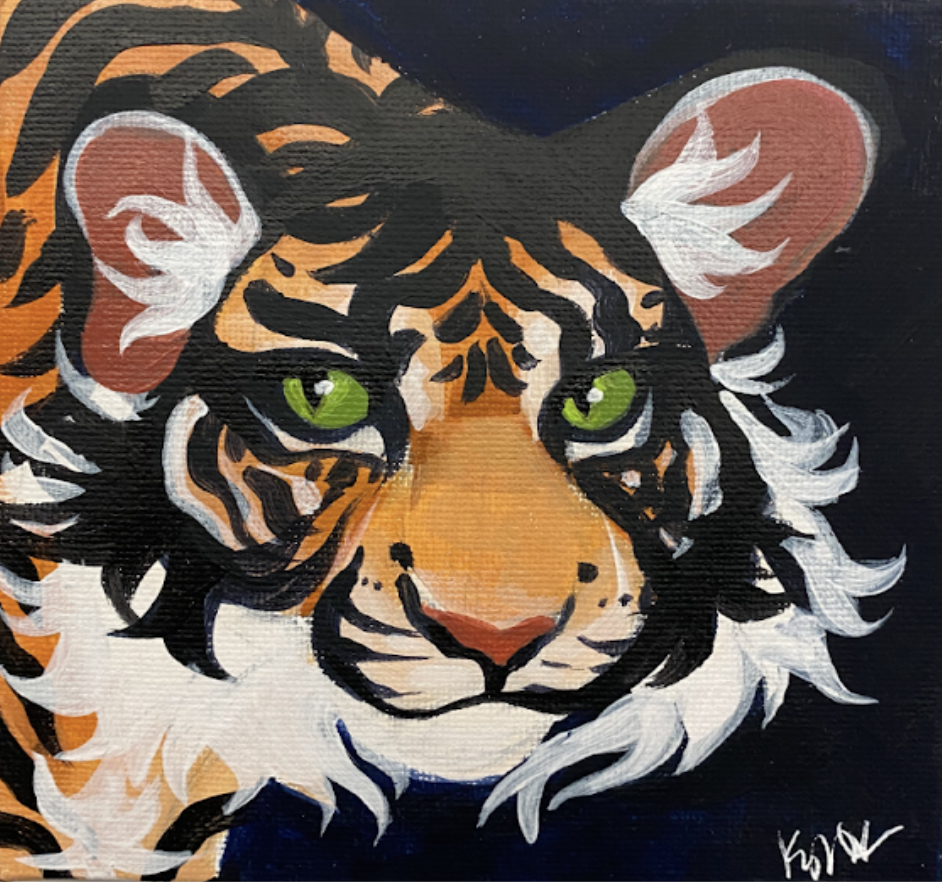





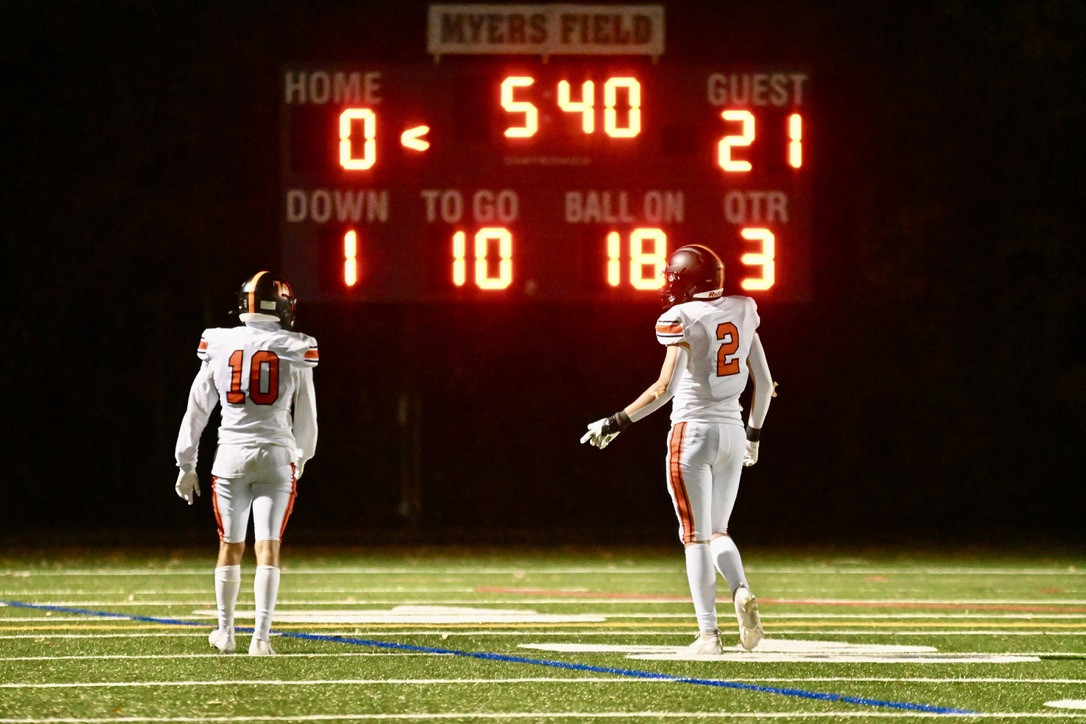


praise allah • Aug 31, 2012 at 11:47 AM
Alex you are beautiful
score • Apr 5, 2012 at 8:10 PM
josh's comment is so true hahaha
ireadWSPN! • Apr 3, 2012 at 8:56 PM
Interesting article 🙂